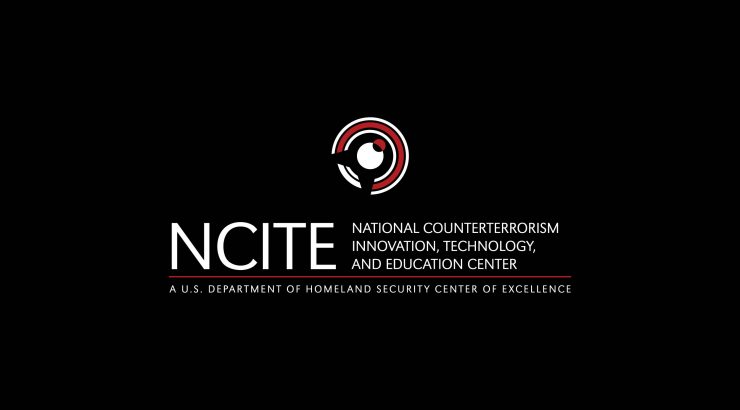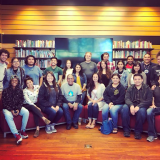
Extremism Researcher Pete Simi Awarded $254,147 to Study Threats Targeting Public Officials
August 1, 2022
Dr. Pete Simi (Sociology) was awarded a $254,147 one-year grant from the University of Nebraska Omaha’s National Counterterrorism Innovation, Technology, and Education Center (NCITE), the Department of Homeland Security’s (DHS) Center of Excellence for terrorism prevention and counterterrorism research. This grant supports opportunities for student researchers to work on this project alongside Dr. Simi. The NCITE consortium takes an interdisciplinary approach to solving homeland security challenges and includes more than 50 researchers from 19 different institutions.
NCITE provides a vehicle for all of us to use our professional training and personal experiences to help fight violent groups who have already formed and help prevent individuals from ever joining one in the first place. It’s a complex problem that calls on all of our talents, energies, and resources. NCITE allows for focused collaboration across disciplines, and institutions. ― Gina Ligon, founder & Director
Threats targeting public officials are part of broader and growing domestic assault on democracy that requires an effective counterterrorism response. Dr. Simi’s study will help inform that response by developing a comprehensive understanding of the patterns and trends related to threats targeting public officials across three primary sectors (election, health, and education). Simi and colleagues will conduct an open source examination of threats that have occurred since 2016, and use the findings to inform potential policy decisions among various partners tasked with homeland security and counterterrorism through an infographic snapshot and research briefs.
This project will contribute to NCITE Challenge Area 1: the Nature of Counterterrorism and Targeted Violence Operations by exploring threats to public officials as a novel type of terrorism. While the communication of these threats is both low cost and low risk, the consequences can be devastating by forcing officials to resign from their posts, leave their homes, and generally fear for their lives. And, the perpetrators do not need to fully execute their threats for this to be an effective terror tactic.
The researchers will rely on open source documents such as media reports and court records to examine the trends and patterns related to threats targeting public officials. The team will review those documents informed by a content analysis methodology. As part of the research design, the team will focus on discerning specific characteristics related to each threat identified in the open sources. Given the surprising absence of a comprehensive assessment of threats that target public officials, the results of this project will provide critical new information with substantial implications.
“Healthcare, education, and elections have become increasingly contentious and polarized topics since 2016. Such areas have been inundated with lies and disinformation to the point that lives have been put at stake. Protecting the truth means protecting the people who speak it… What we find will allow others to address the vulnerabilities in domestic security that make threats to public officials an issue in the first place.” – Hailey Bunsold (Peace Studies and Sociology ’25).


